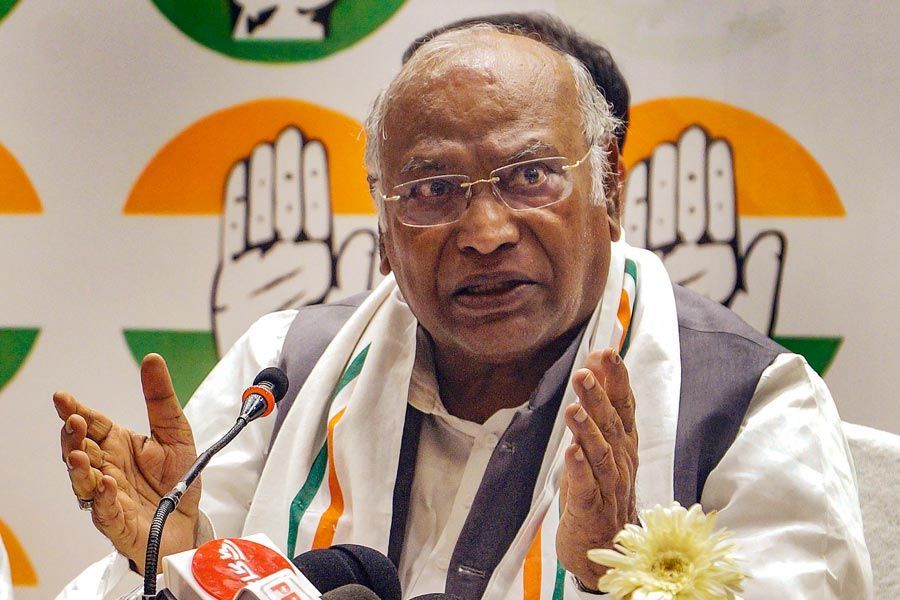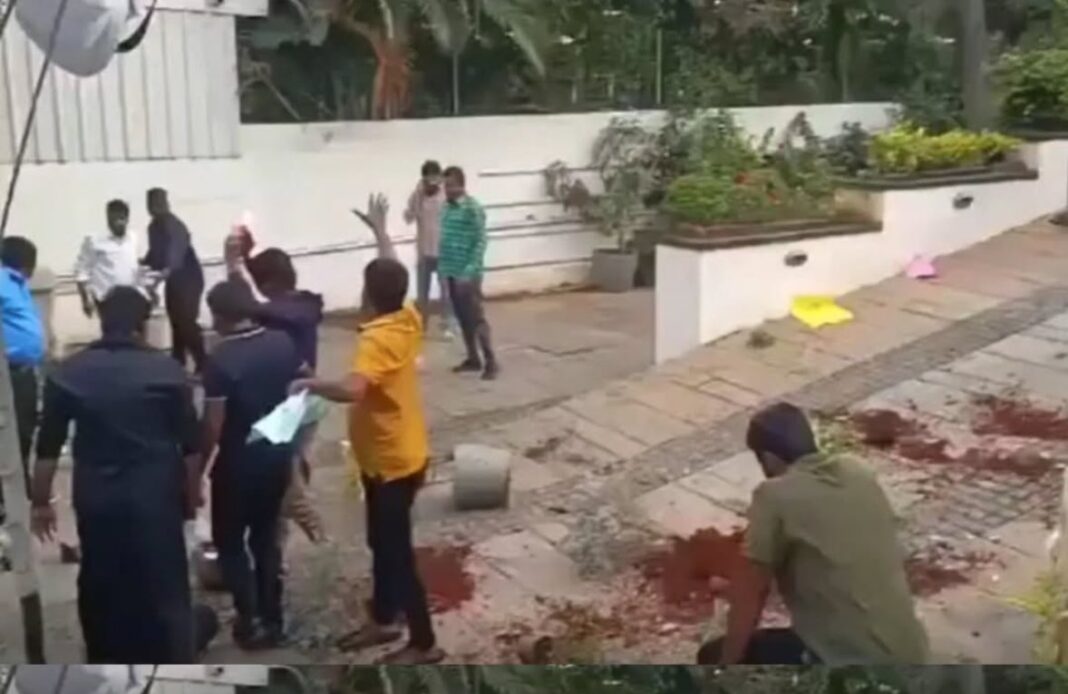The Union Government’s recent amendment to the Conduct of Election Rules, 1961, introduced on Saturday, has triggered a fierce backlash from political parties, with strong opposition from Congress and other key political groups. The amendment, which follows recommendations from the Election Commission of India (ECI), restricts public access to election-related documents like CCTV footage, Form 17C, and other election materials unless specifically listed by the ECI.
Congress President Mallikarjun Kharge criticized the move, calling it “another assault” by the Modi government on the integrity of the Election Commission. Kharge alleged that the government’s actions are part of a larger, coordinated effort to undermine the independence of the ECI. “This calibrated erosion of the ECI’s integrity is a frontal attack on the Constitution and democracy,” he said, pledging to take every necessary step to protect democratic institutions.
Kharge also pointed to the government’s previous actions, such as removing the Chief Justice of India from the panel responsible for appointing Election Commissioners, as part of its ongoing efforts to weaken the Election Commission. He further criticized the ECI for its alleged lack of responsiveness to the Congress party’s complaints about voter deletions and EVM transparency.
The Communist Party of India (CPI) joined the chorus of opposition, with leader D. Raja condemning the amendment as undemocratic. Raja noted that the ECI traditionally holds consultations with political parties before introducing changes, but this time, the amendment was made without such a process. He warned that the move could severely undermine the electoral system and fairness of elections, urging the government to engage with political parties before making such unilateral decisions.
Similarly, the Communist Party of India (Marxist) (CPI(M)) issued a strong statement opposing the amendment. The party argued that restricting access to electronic records and digital trails would reduce transparency and hinder the detection of election irregularities. The CPI(M) also pointed out that previous incidents, such as those in Tripura, showed how video evidence helped expose electoral malpractices and led to re-polls. The party called for the immediate withdrawal of the proposed amendments.
Manoj Kaka, spokesperson for the Samajwadi Party (SP), echoed concerns over the potential erosion of electoral transparency. He also raised allegations of uncounted votes in the 2024 Lok Sabha elections and called for a return to paper ballots. Kaka sharply criticized the BJP for allegedly undermining Dalits and backward classes, accusing the party of fostering a “dictatorship” that disrespects social justice icons like Babasaheb Ambedkar.
On the other hand, BJP spokesperson Gopal Agarwal defended the amendment, stating that it was an “enabling provision” that would allow the Election Commission to decide which documents could be made publicly accessible. He dismissed opposition claims, insisting that the government’s actions were in line with democratic principles and that the Election Commission remains an independent body. Agarwal reassured that all election candidates would still have access to necessary documents, and the legal process for challenging the amendments remains open.
The amendment revises Rule 93(2)(a) of the Conduct of Election Rules, narrowing the scope of election documents available for public inspection. Access to these documents will now be limited to those specifically listed by the ECI, a change that critics argue could reduce transparency in the electoral process. This move comes after a Punjab and Haryana High Court order requiring the ECI to provide certain election materials to a lawyer. The government hopes the amendment will prevent future requests for documents, such as CCTV footage and Form 17C, unless authorized by the ECI or a court.
Despite government assurances, opposition parties are vocal in their belief that the amendment could hinder transparency and trust in the election process, raising concerns about the future of free and fair elections in India.






